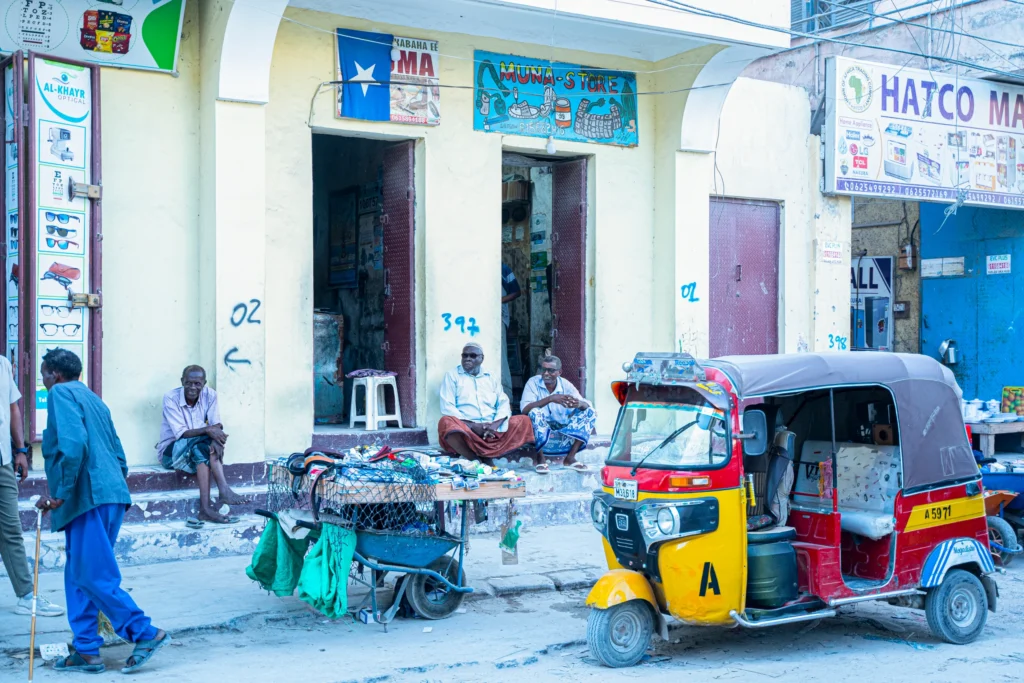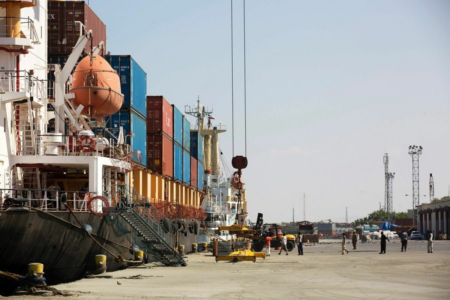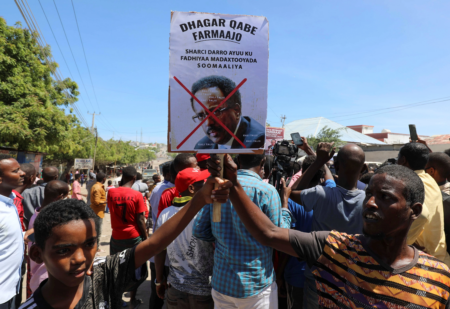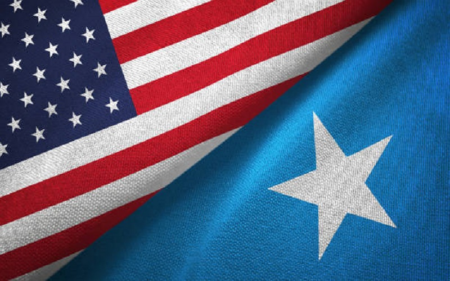As the UN mandate in Somalia concludes, civil society organizations are warning that Somalia’s most marginalized groups risk becoming invisible once again.
Minority Rights Group (MRG) and Hiil-Bilaang Organization have urged to keep Somalia on UNHRC active agenda to ensure ongoing monitoring, accountability, and inclusion.
Forgotten Within A Forgotten Crisis
For decades, Somalia’s conflict, drought, and displacement crises have dominated humanitarian headlines — but minority rights have rarely received sustained focus.
Ethnic and occupational minorities such as the Bantu, Bravan, Benadiri, Gaboye, Tumal, and Yibir continue to face deep-rooted discrimination, social marginalization, and barriers to accessing aid and justice.
“Somalia is often described as a forgotten crisis, and its minorities are the most forgotten within it,” a member from Hiil-Bilaang Organization said.
“Thanks to the Independent Expert’s efforts, these communities have been made slightly less invisible — but the progress remains fragile.”
The organizations praised the Independent Expert’s six-year tenure, highlighting her “consistent attention to those most vulnerable, despite limited resources and difficult circumstances.”
According to MRG, several reports under the UN mandate helped bring visibility to the discrimination faced by minority clans and the systemic exclusion of women and marginalized groups.
UN Mandate Conclusion Timing
The conclusion of the UN mandate comes at a pivotal moment for Somalia.
As the country is struggling with persistent insecurity, political instability, and declining international aid, while simultaneously attempting to implement a “one person, one vote” system — a milestone in its democratisation process.
However, NGOs warn that these efforts may fail to include Somalia’s most marginalized citizens unless deliberate safeguards are built in.
MRG and Hiil-Bilaang caution that exclusion from governance is mirrored in humanitarian aid distribution, where minority communities are often underrepresented or overlooked.
Studies have shown that aid programs sometimes rely on clan-based gatekeeping systems, which can prevent fair access to food, water, and livelihood support for minorities.
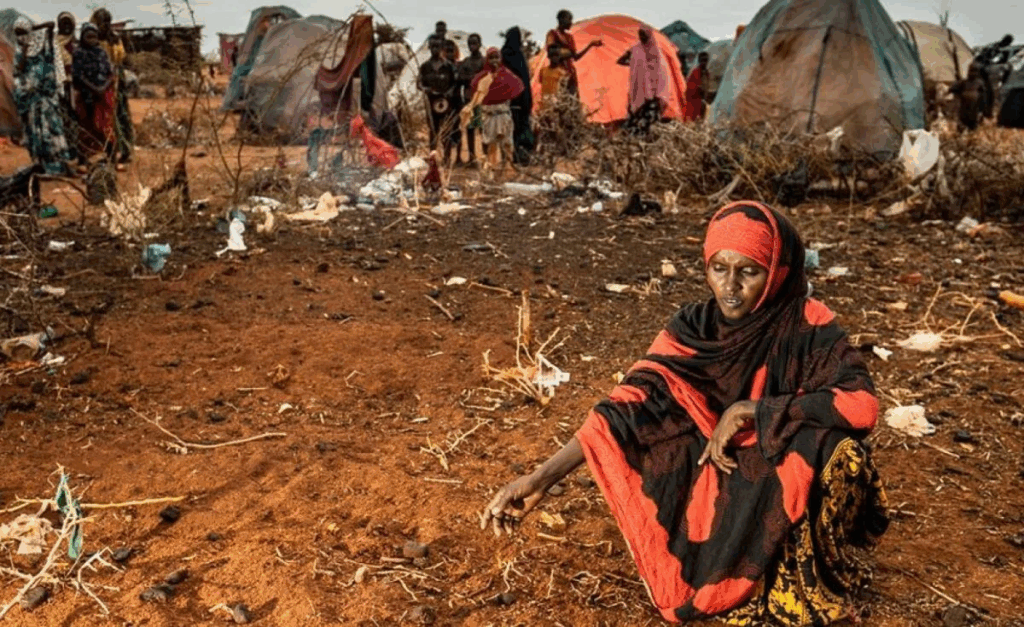
Calls for Continued International Engagement
The two organizations are urging the Human Rights Council and international partners not to scale down attention to Somalia’s human rights situation.
They stress that robust monitoring, public reporting, and constructive engagement with Somali authorities and donors are essential to prevent regression.
They also called for:
- Strengthening inclusive governance frameworks that ensure minority representation in national and local institutions.
- Embedding non-discrimination indicators into all humanitarian and development programs.
- Supporting community-led initiatives that build resilience and promote dialogue among clans.
- Ensuring gender inclusion in all human-rights monitoring and capacity-building projects.
A Call for Equality and Accountability
Despite international progress, minority groups in Somalia remain disproportionately affected by poverty, displacement, and lack of access to justice.
Humanitarian agencies have warned that reduced aid funding in 2025 could worsen inequality unless resources are distributed equitably.
The NGOs believe that Somalia has a historic opportunity to reset — to build a more inclusive political and social order that addresses decades of marginalization.
About the Organizations
- Minority Rights Group International works globally to secure the rights of ethnic, religious, and linguistic minorities and indigenous peoples.
- Hiil-Bilaang Organization is a Somali civil society group promoting equality, social inclusion, and the rights of marginalized communities.




